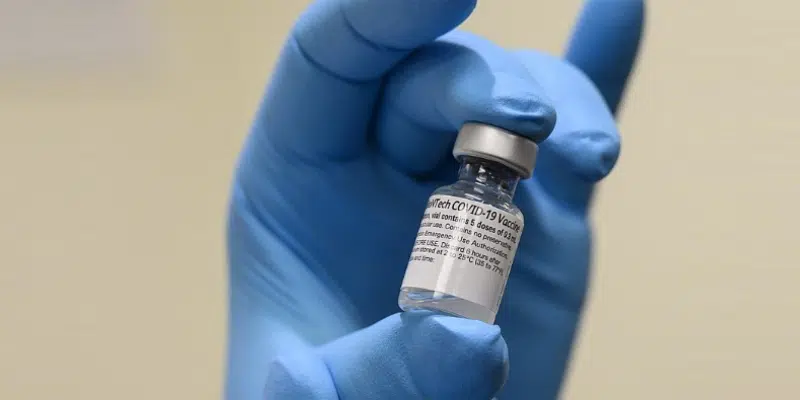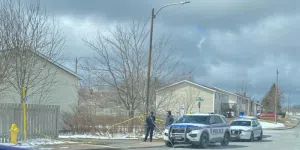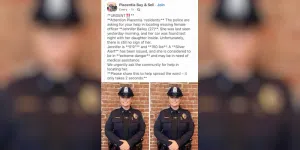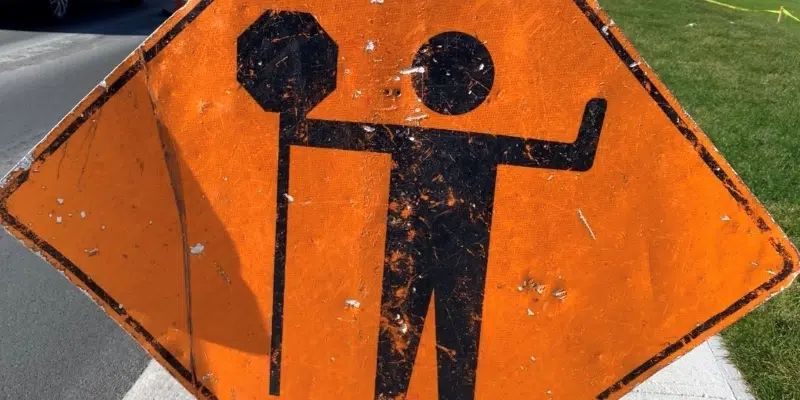All residents 40 and older can now book their vaccine appointments, and by Friday that will be expanded to everyone 30 and older (Phase 3).
Chief Medical Officer of Health Dr. Janice Fitzgerald says while the risk remains high and they expect to continue to see a “steady influx” of travel-related COVID cases, things are looking more promising. She says the balance should start shifting in the province’s favour as more people outside the province get their COVID vaccines.
“We are beginning to see promising evidence emerge on vaccines and how they impact COVID transmission, and we continue to monitor this real-world evidence as well as epidemiology as we plan for our future in Newfoundland and Labrador,” says Fitzgerald.
Meanwhile, most of the COVID cases reported in Newfoundland and Labrador in recent days have been variants.
Health Officials yesterday provided a more detailed breakdown. Health Minister John Haggie says out of 37 cases, four were related to international travel, seven were close contacts of previous cases, and 26 of those were related to travel within Canada.
Out of those domestic travel cases, 19 were rotational workers, three were seasonal workers, and four cases are categorized as “other”—which could include students and family returning home.
Dr. Fitzgerald says the province’s caseload is now mostly COVID-19 variants. She says only two or three recent cases have not been variants of concern, and the most common is the B.11.7 variant.
Newfoundland and Labrador will not be offering any more first doses of AstraZeneca for the foreseeable future.
Dr. Fitzgerald says now that mRNA vaccines like Pfizer and Moderna are available to people younger than 55, first doses of AstraZeneca will not be offered at this time. She says doses will still be on hand for those that can not receive an mRNA vaccine, or for those that refuse to get one.
As for those who have already received their first dose of AstraZeneca, Dr. Fitzgerald says they still have good protection.


















